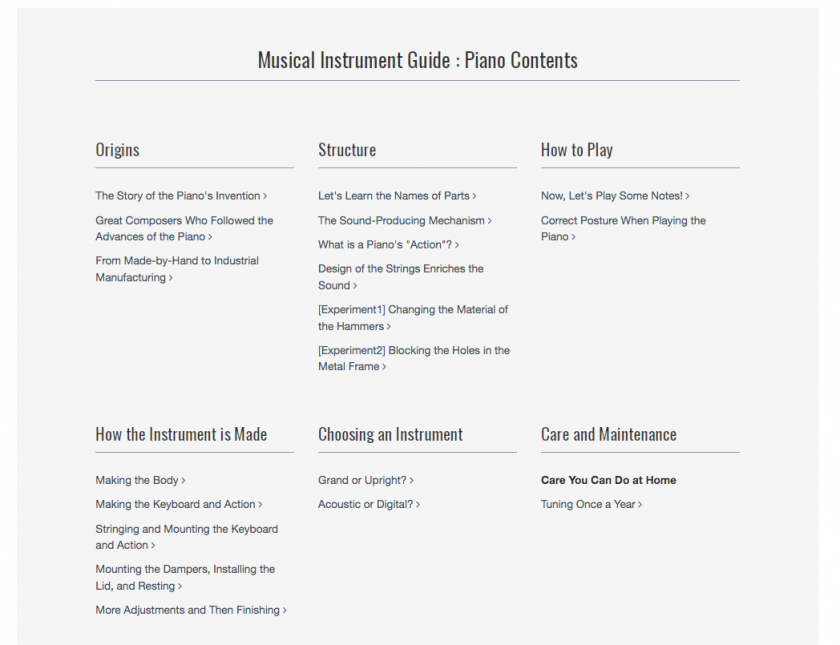‘I’m not sure – let’s find out’
Using a kid’s questions to drive lessons is an easy way to get them engaged with learning. There’s no such thing as a silly question and you never know what path of learning one answer might lead them on.

The above search answered the question so we could have left it there, but instead we ran with it:
Turn a Question into a Lesson
- How does a piano work?
I scan-read a few articles and chose this one to print to read aloud. As we read through the article we made notes of new vocab to go back over at the end of the week, a trick we use to cement the meaning and spelling of any new words.
- We printed a diagram of the workings of a piano, memorised the parts and then labeled it. (Lessons where an extra skill practise can be added into the core lesson are a homeschooler’s friend! Here they were working on diagram labeling and memorisation skills at the same time as learning about the workings of a piano.)
- We looked at how to look after a piano and how to restore one
From an earlier project on Instruments, we knew the Yamaha website has fantastic instrument guides. We spent an afternoon reading our way through the Piano guide, learning about the history of the instrument as well as more about it’s structure.

The spontaneous lesson wrapped up with looking at fun piano videos on YouTube.
This lesson could be filed under music lessons – and it is probably a music lesson we’d likely have got round to at some point. What’s important though, with lessons that spiral from random questions, is not necessarily the content of the question or the answer. What’s important is:
- That their questions are given importance – validating the mantra that there’s no such thing as a stupid question if you don’t yet know (or can’t quite remember) the answer.
- That your homeschooler learns time will always be allocated for anything they are interested to learn
- That neither teachers nor parents know the answers all the time
And equally important is modeling finding the answers to questions alongside them, navigating online-searching, talking about safe sites & fake news and helping them compile the information they find into an answer that clarifies the questions for them.


